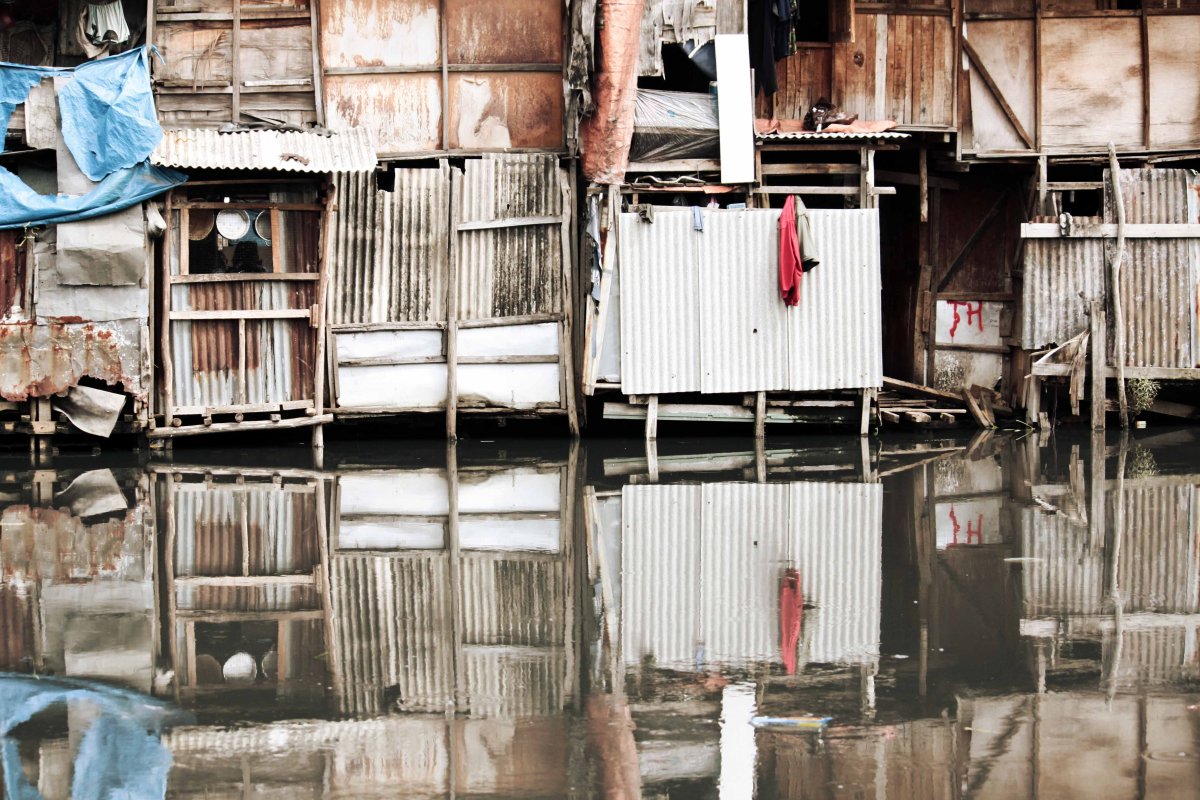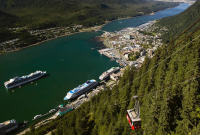Support strong Canadian climate journalism for 2025
Community groups and activists in the Asia-Pacific region warn carbon offsets are not the solution to our climate crisis woes and might even be the latest iteration of colonialism.
With increasing public awareness of the climate crisis, large and small companies are offering their consumers the option to “offset” the emissions of their purchases, be it airline tickets or teabag orders.
In many instances, these offset contracts are essential to companies claiming their operations are green or sustainable.
But the integrity of carbon offsets has been controversial since their inception, dogged by persistent accusations that the industry is selling “phantom credits” or worse.
Part of the problem is familiar: a very lucrative industry and governments reluctant to regulate.
Three community organisers from Asia and the Pacific are speaking out about their experiences of the industry underpinning the carbon market.
Nadia Hadad, Executive Director of Yayasan MADANI Berkelanjutan, an Indonesian-based NGO, says the lack of regulation risks the integrity of the whole industry, including that of best-practice operators.
She says carbon offset projects contribute little more than “hot air” or, worse still, create a perverse incentive that might even “hinder the implementation of ambitious mitigation actions.”
Abdul Ghofar, from Wahana Lingkungan Hidup Indonesia (WALHI), worries that carbon offsets are giving companies a free pass to operate business as usual without attempting to mitigate their own emissions — essentially, a license to pollute.
Carbon trading will never be able to save the planet from ecological damage or the climate crisis because it allows companies to “wash away their ecological sins” while continuing to run their high-emission businesses without any substantive change, he said.
Global North countries and their corporations “make economic profits but are reluctant to take responsibility for the impacts of climate change throughout the world.”
Joseph Sikulu, Managing Director of 350.org Pacific, fears carbon trading “is an attempt to distract from the urgent need to transition away from fossil fuels and towards renewable energy.”
He says reliance on carbon offsets might distort countries’ obligation to the Paris Climate Accord, undermining their "Nationally Determined Contributions by prioritising offsetting over direct emission reductions.”
With some exceptions, like in Australia and Scotland, most carbon offset projects are based in the Global South, leading some, like Joseph, to question the logic of hyperconsumption and pollution in Global North countries and then the outsourcing of responsibility to countries like his own in Tonga.
“The history of colonialism in the Pacific is one founded on extraction and exploitation of our natural resources. From phosphate of Nauru and Banaba to the nickel of Kanaky New Caledonia – our lands and seas have been ripped from beneath us to fuel the growth of the Global North.”
“Carbon trading is yet another iteration of [colonisation], where our forests and our seas are used by high-emitting nations so that they can continue their addiction to fossil fuels with what they think is a clear conscience.
And just as we were ushered into capitalism as a trade-off for our sovereignty during the initial waves of colonialism, we are now being told to be grateful for carbon credits as a distraction from true climate finance.”
Almost from the get-go, the carbon offset industry has been accused of ignoring Indigenous and local communities that historically used the ecosystems that they now find themselves locked out from.
Indigenous communities in Indonesia, already facing neglect – at best – from the central government in Jakarta, now must navigate the interests of transnational companies attempting to insert themselves into their communities.
The carbon offset market is poised to expand even more, estimates placing its value at close to half a trillion dollars by 2050.
What this will mean for communities living in or by these projects is uncertain.
Companies working in these areas often require what is known as Free, Prior and Informed Consent (FPIC) from the communities they impact.
But Nadia believes FPIC is mostly “good on paper.”
“The idea of carbon and carbon trading is very hard to grasp for local communities…The implications of a carbon project on their right to land or their access to forest resources are also often overlooked. Not to mention the share of profits or the continuity of the project.”
WALHI has been working with communities impacted by Ulu Masen Aceh and Central Kalimantan projects.
WALHI Campaigner Abdul Ghofar says it is clear that in Aceh and Kalimantan, not only have the carbon projects failed to achieve their stated goals to draw down carbon, but worse, they have been catastrophic for local and Indigenous communities.
He cites an absence of land tenure and confusing regulation as the cause of manufactured hierarchies within communities, increasing social friction and conflict, and contributing to displacement and alienation from traditional forest management methods.
Carbon offsets are frequently justified because they “balance out” emissions from hard-to-abate sectors, like steel or cement production.
However, as CarbonBrief analysis documents, the top three uses of carbon offsets in 2023 were Shell, Volkswagen and Chevron, respectively.
For Nadia, the “explosion” of offset projects in Indonesia is a concerning trend because carbon traders lack perspective and sensitivity to issues facing communities.
She worries the industry has a “culture of transparency” that obscures how land is acquired and how benefit-sharing mechanisms have been developed.
Various carbon traders were contacted for this piece, either refusing to go on record or ignoring requests for comment.
Sacha Shaw is an Australian/Canadian freelance journalist and researcher, with a special interest in Global South perspectives on the climate crisis and environmental issues.






Comments